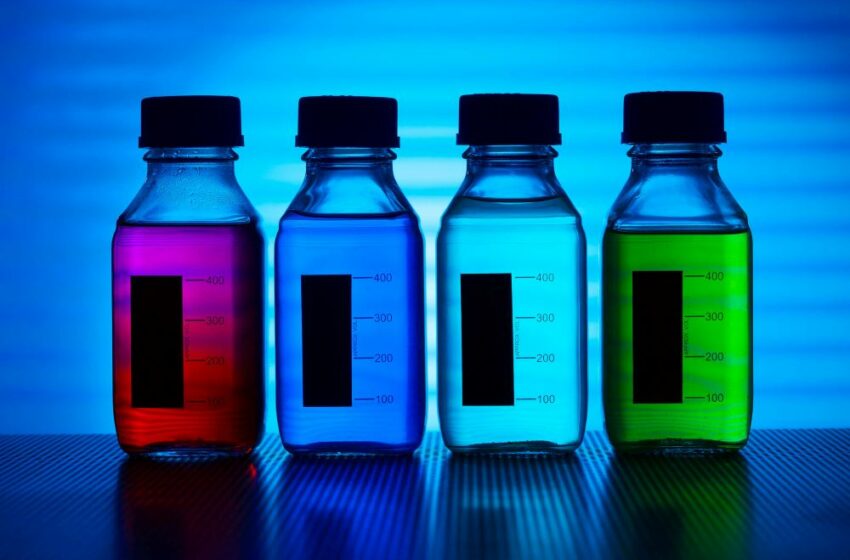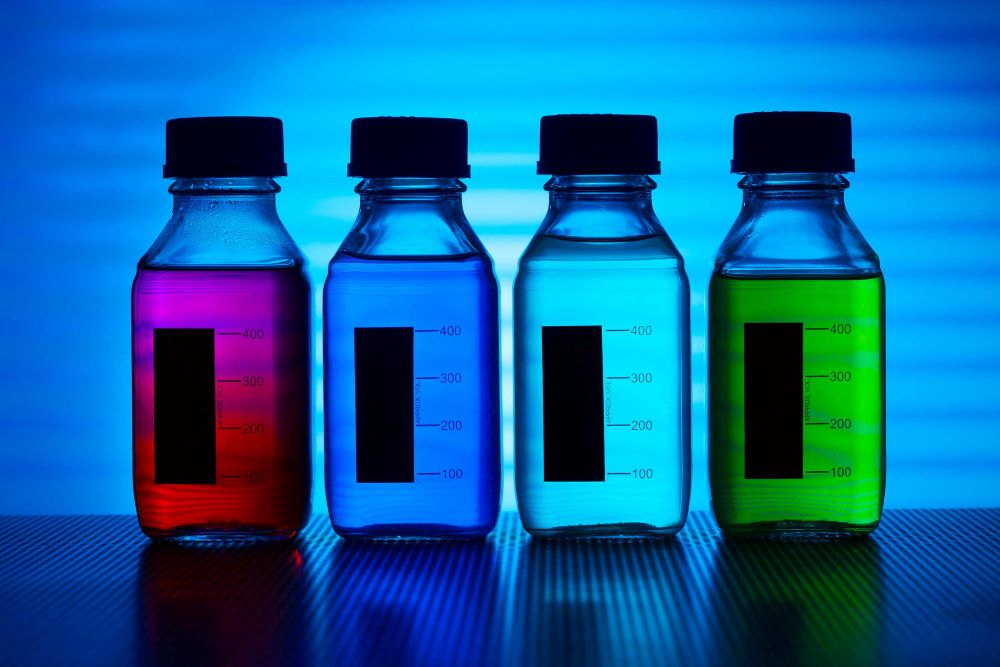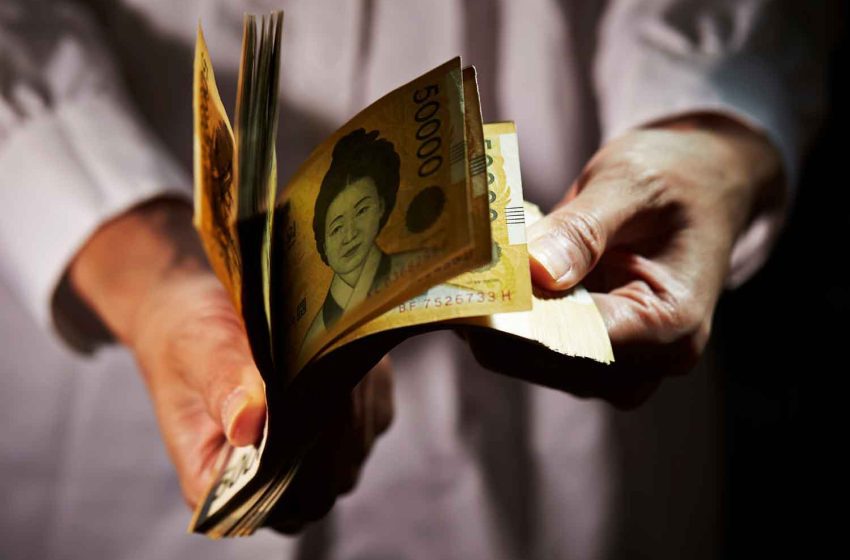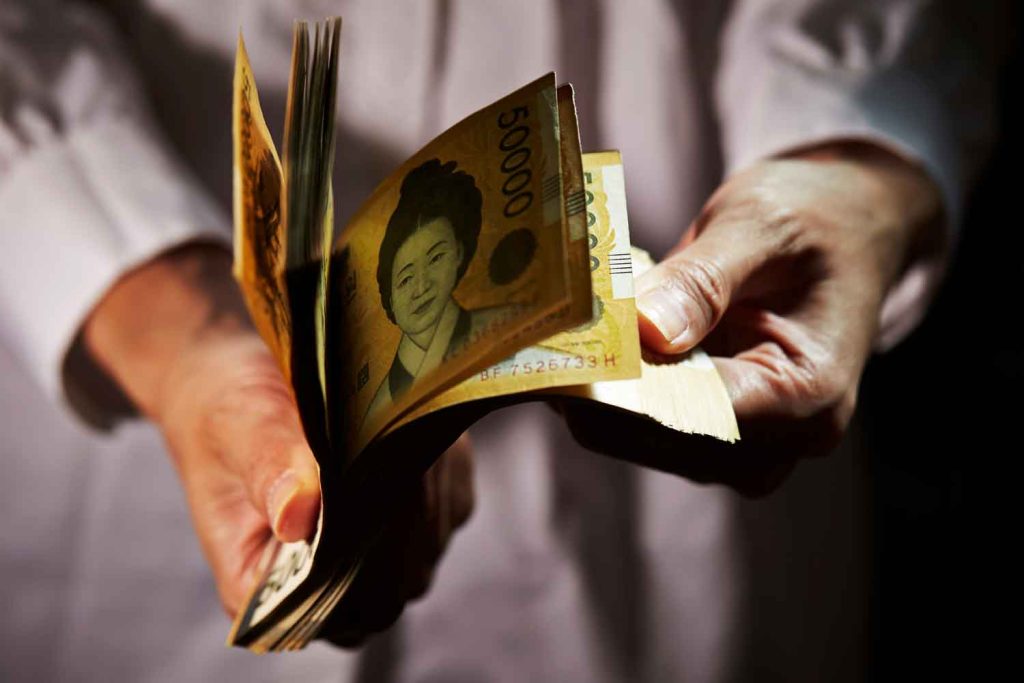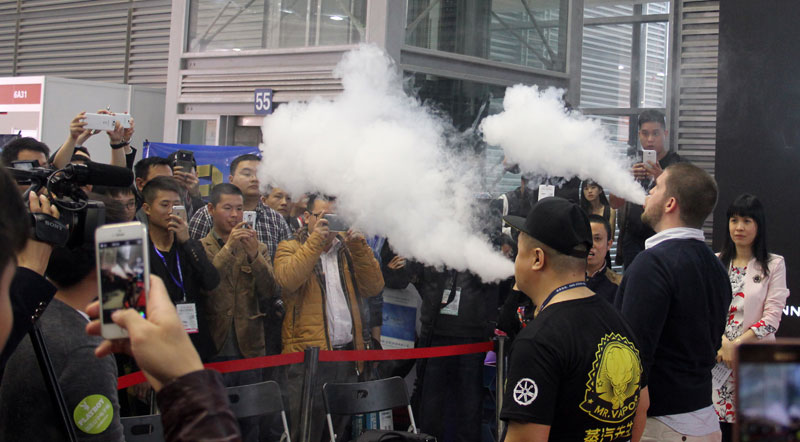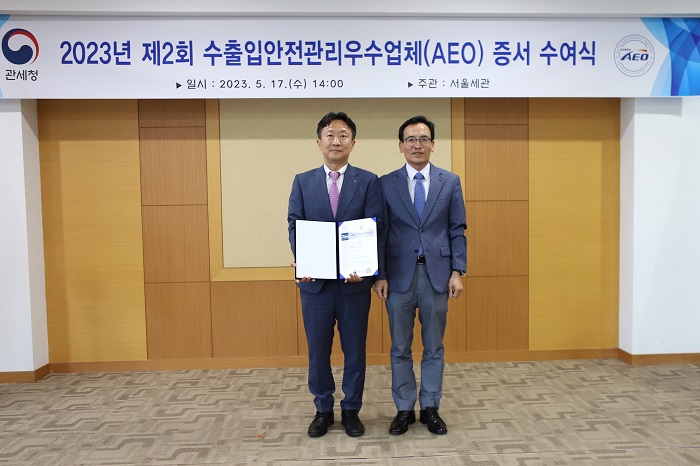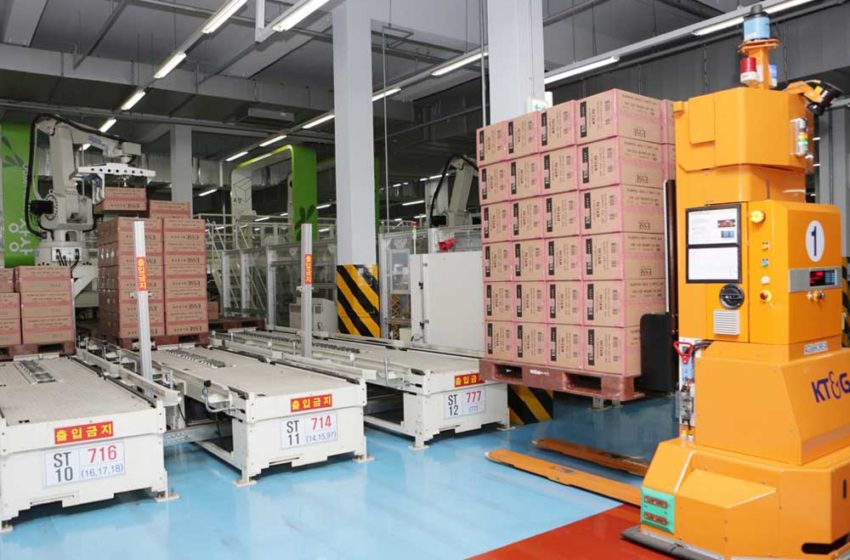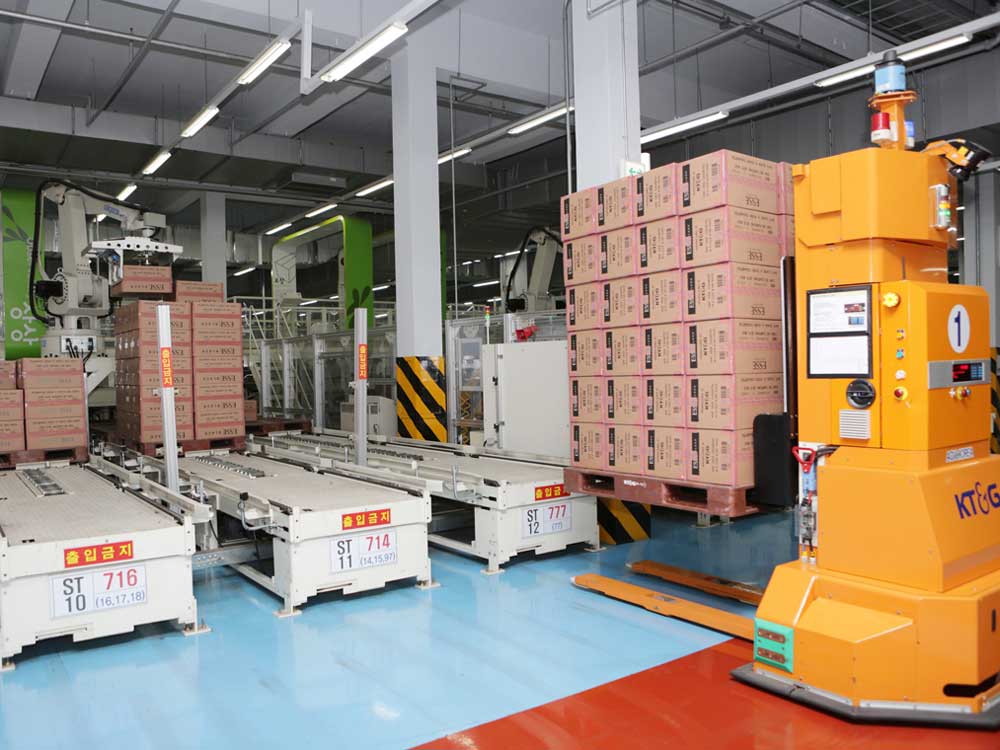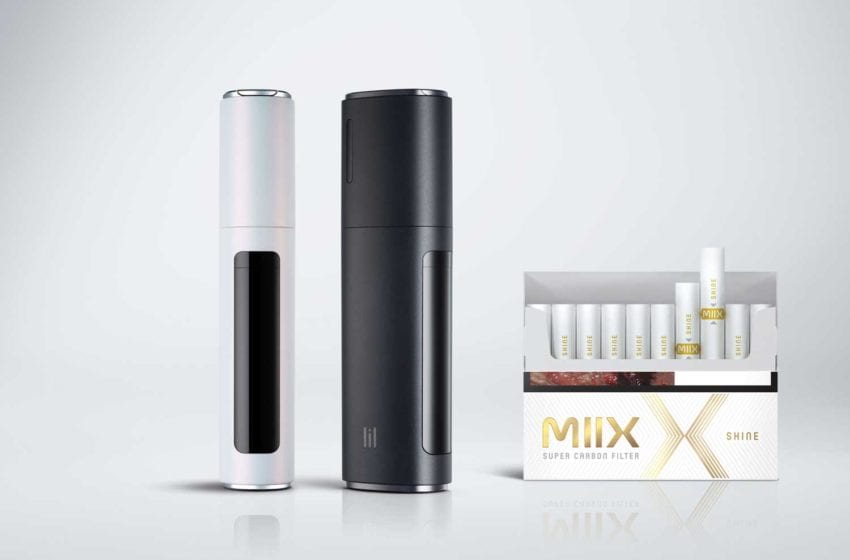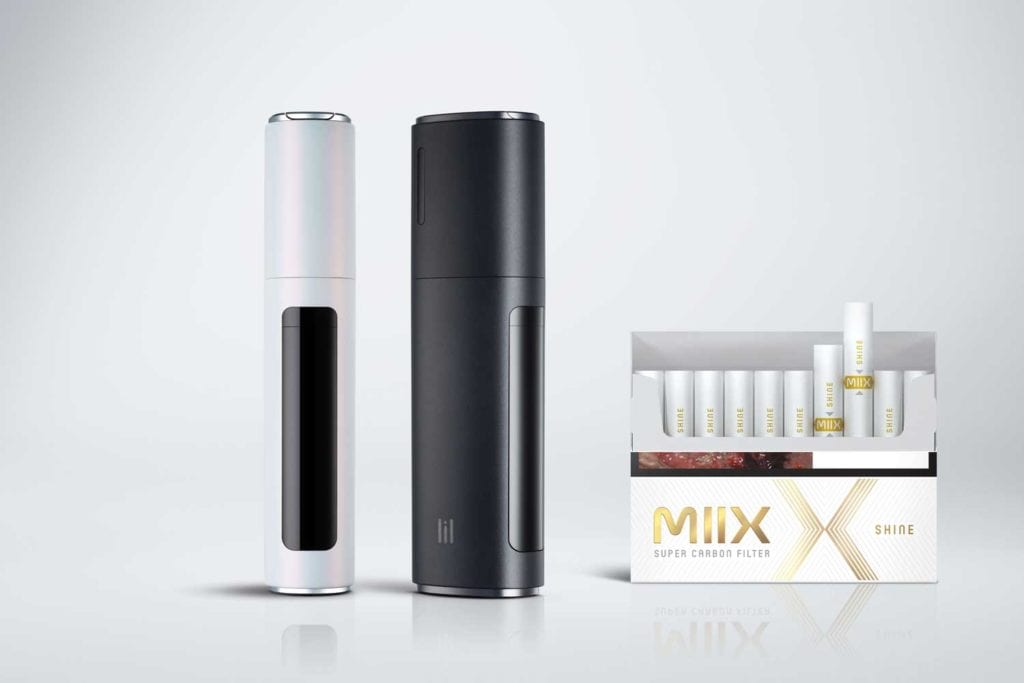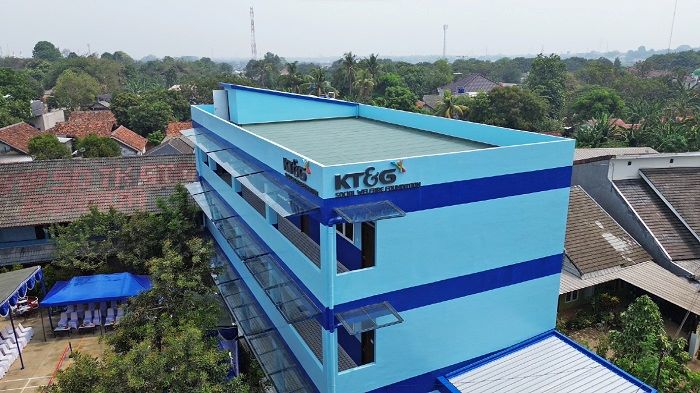
KT&G celebrated the 50th anniversary of South Korea-Indonesia diplomatic relations by organizing various global CSR activities, including support for university student startups, cultural festivals and improvements in the education environment.
On Sept. 28, KT&G selected the finalists in a competition for business ideas at UNTAR University’s Imagination Entrepreneurship School in Jakarta, Indonesia. A day earlier, the South Korean cigarette maker hosted a similar event at the State University of Jakarta.
Meanwhile, the KT&G Welfare Foundation finished renovating an elementary school in the Bogor region, transforming an old building into a new educational facility with an earthquake-resistant construction.
In 2014, KT&G established the KT&G Korean Language Institute in Indonesia, providing approximately 2,800 people with opportunities to learn Korean. In addition, the company operates Imagination University, which supports the development of the capacity and cultural experiences of Indonesian youth. In 2021, it established the KT&G Vocational Training Center at Malang’s UKCW University, teaching marginalized youth sewing, computer technology and other skills.
“We are taking the lead in promoting communication between the two countries through cultural exchanges in celebration of the 50th anniversary of Korea-Indonesia diplomatic relations,” said a KT&G representative. “We will continue to make efforts to spread Korean culture and enhance exchanges through various platforms.”
Indonesia is an important market for KT&G, which aims to earn half of its sales from overseas business by 2027. The company operates a tobacco factory in Indonesia and recently announced the construction of a second manufacturing facility.



